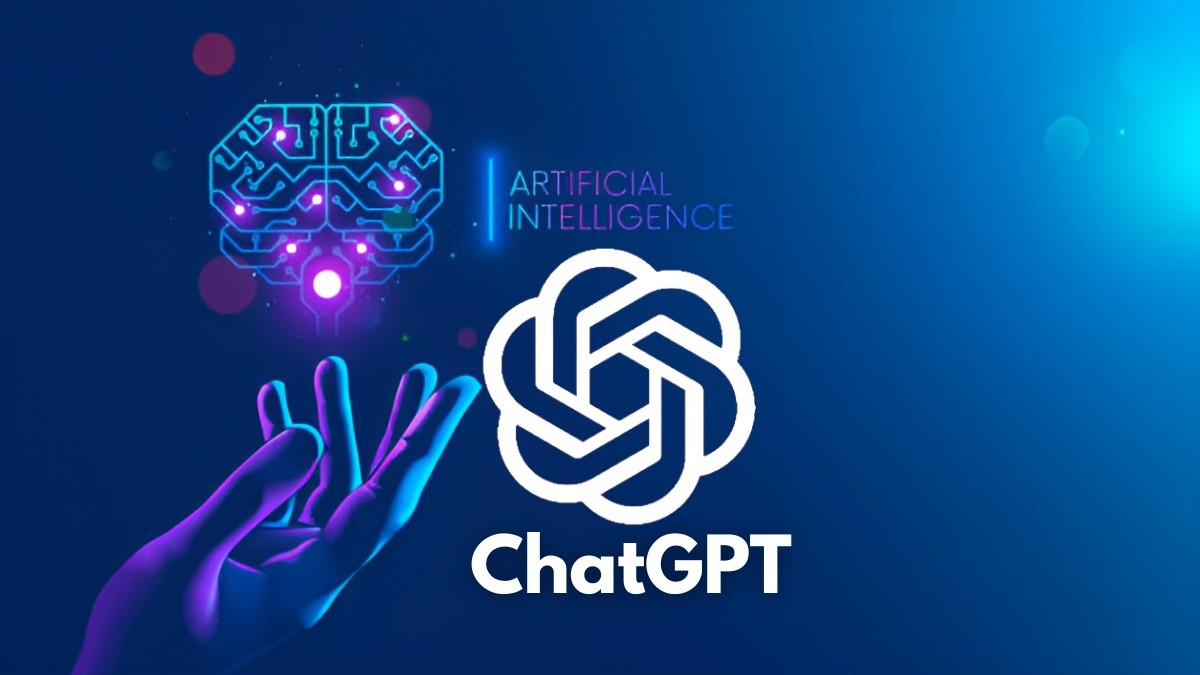ChatGPT Boosts Productivity: A Game-Changer for Writing Tasks
Introduction
In today’s fast-paced world, professionals are constantly seeking tools and technologies to enhance their productivity and efficiency. One such tool making waves in the industry is ChatGPT. A recent study conducted by economists from Harvard and Stanford universities has shown that ChatGPT can boost productivity by a staggering 40% for professionals performing common writing tasks. This article delves into the study’s findings, shedding light on the potential benefits of incorporating ChatGPT into everyday work routines.
The Study: Boosting Productivity with ChatGPT
The randomized controlled trial conducted by economists Shoji Noy and Zixuan Zhang aimed to evaluate the impact of ChatGPT on professionals’ writing tasks. Over 450 college-educated participants from various fields, including marketers, consultants, and data analysts, were assigned realistic work simulations resembling their actual job responsibilities.
The study revealed that participants with access to ChatGPT completed assignments 40% faster than those without, while maintaining an 18% higher quality of output. Expert evaluators, blind to the experimental conditions, judged the quality of the participants’ work. These results highlight the potential of ChatGPT to significantly enhance productivity in various professional settings.
Reducing Inequality and Empowering Professionals
One of the remarkable findings of the study was the reduction in inequality between higher-skilled and lower-skilled professionals. Participants who initially scored lower on their writing tasks experienced significant improvement when provided with access to ChatGPT. The AI tool proved to be an equalizing factor, enabling individuals with varying skill levels to produce higher-quality work.
The study’s authors emphasized that rather than replacing human professionals, ChatGPT is more likely to augment their abilities. This suggests that AI tools like ChatGPT can empower individuals to perform better in their roles, bridging the gap between different skill levels and leveling the playing field.
Unleashing the Potential of AI
While the study’s findings are promising, the authors caution that the broader economic impact of ChatGPT and similar AI tools remains unpredictable. The brief experiment focused on a limited range of occupations and incentive structures, leaving room for further investigation into how AI tools translate their productivity gains into wages, employment, and demand changes across different industries.
The researchers urge for more comprehensive studies to understand the long-term effects of AI adoption on businesses and labor markets. As AI continues to evolve and permeate various sectors, it is crucial to monitor its impact and navigate the challenges and opportunities it presents.
Implications for the Future
The study’s results shed light on the potential benefits of incorporating AI tools like ChatGPT into professional workflows. By boosting productivity and reducing inequality, ChatGPT has the potential to revolutionize how professionals approach writing tasks. However, it is essential to recognize that AI tools are not a one-size-fits-all solution and should be implemented strategically and ethically.
As organizations explore the possibilities of AI integration, it is crucial to consider the broader implications on job roles and the workforce. While AI can enhance productivity, it is essential to strike a balance between automation and human expertise, ensuring that humans remain at the forefront of decision-making processes.
Conclusion
The study conducted by economists from Harvard and Stanford universities provides valuable insights into the potential of ChatGPT to boost productivity and reduce inequality in professional writing tasks. The results demonstrate how AI tools can empower professionals to perform better and bridge the gap between different skill levels.
As businesses and individuals embrace the opportunities presented by AI, it is important to remain mindful of the broader economic and societal implications. AI should be viewed as a complement to human expertise, enabling professionals to excel in their roles and contribute to their organizations’ success.
By leveraging the power of AI tools like ChatGPT, professionals can unlock new levels of productivity and efficiency, ultimately shaping the future of work in a rapidly evolving digital landscape.
